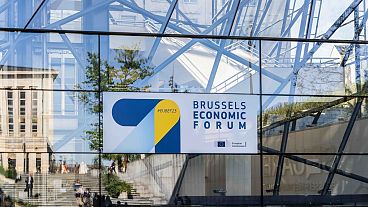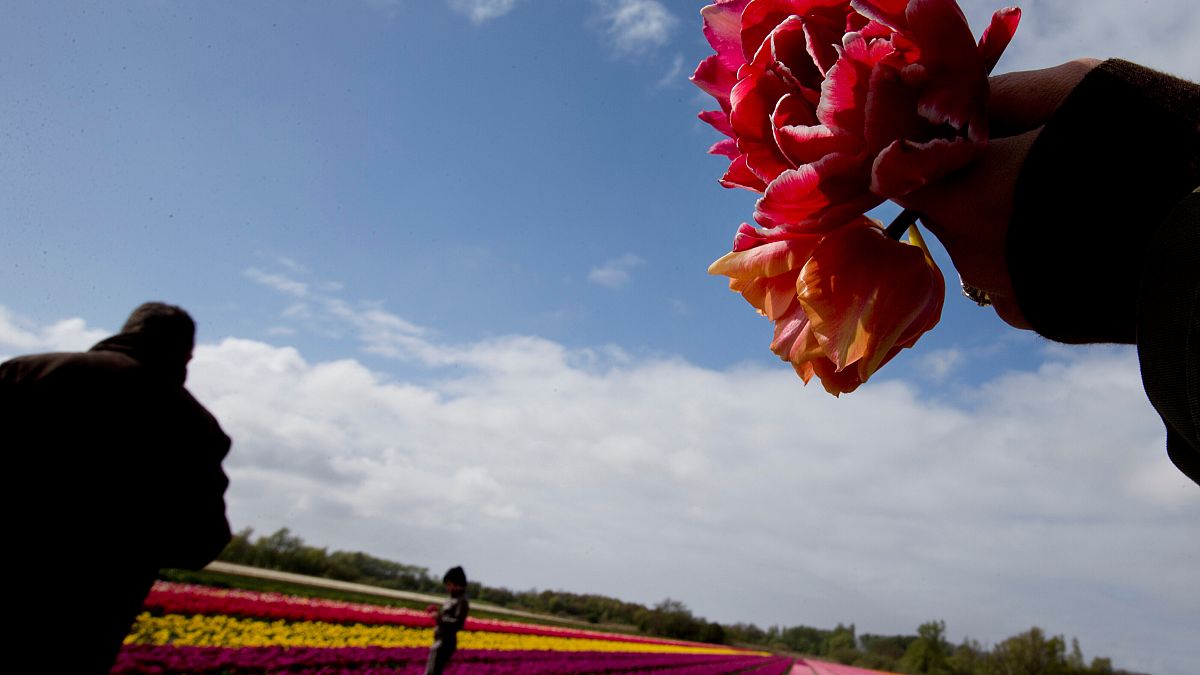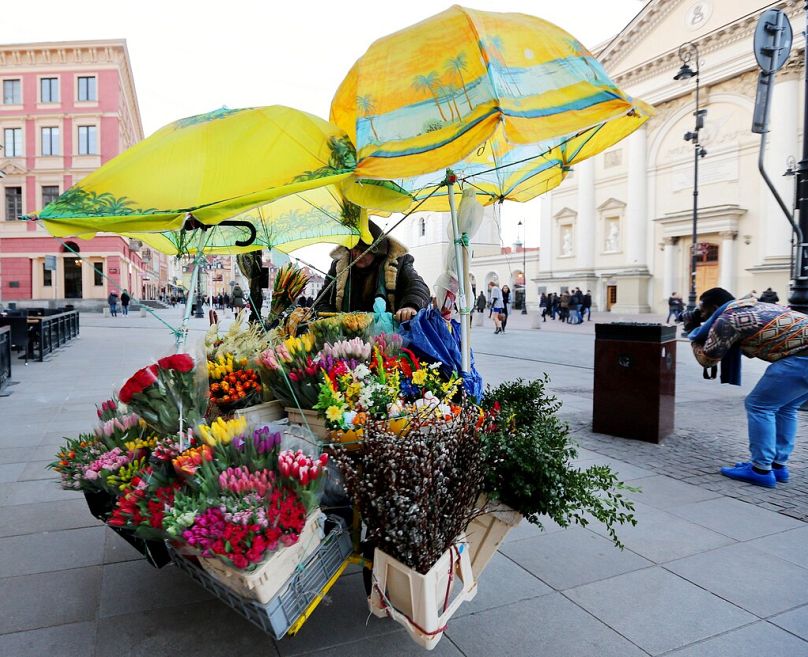Roughly 80% of cut flowers in the UK are sourced from the Netherlands, according to the British Florist Association, and post-Brexit trade rules are making sellers nervous.
Starting today, all fresh European plant and animal products being imported to the UK must be checked directly for diseases at the British border. This includes milk, meat – and flowers.
Dutch flower and plant exporters expect days-long delays and believe that British consumers will soon have to pay more.
Under the initial post-Brexit regime, checks on perishables were permitted to be done close to delivery addresses at thousands of locations in the UK. But now, the many at-destination checkpoints are being replaced with a few centralised checkpoints at ports and airports.
For flowers and plants, this means that the inspection now takes place immediately when the cargo is taken off the ferry. And the prospect of fewer inspection points and more inspections are making the Dutch flower and plant sector nervous.
Leon Verschoor of Royal Lemkes from Bleiswijk has been one of the largest exporters to the UK for decades. He supplies palm plants, olive trees, cacti and orchids, among other things, to the larger chains of home furnishing retailers and DIY stores.
He said consumers in England have already seen a 5% price increase due to Brexit – and this will only increase.
"Now it will go up another 5 per cent, because all inspections are done in the Netherlands, and now, within 24 hours, the exact same inspection will be repeated in England”, he explained.
There are also concerns on the British side.
RBF Cargocare is the company responsible for customs clearance at the port of Felixstowe, which means providing transporters with the paperwork they need to carry their goods further into the country.
“From day one, as well as the additional charges, undoubtedly there will be delays,” said RBF director Jon Beech.
“You will not be able to buy everything you want when want it if you are buying plants and flowers."
Asked about the consequences for the price of plants and flowers, Beech is clear: “The price will unquestionably go up."



